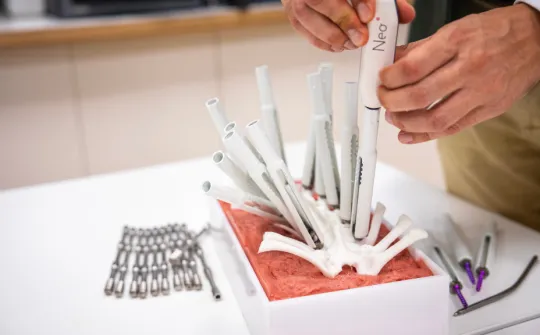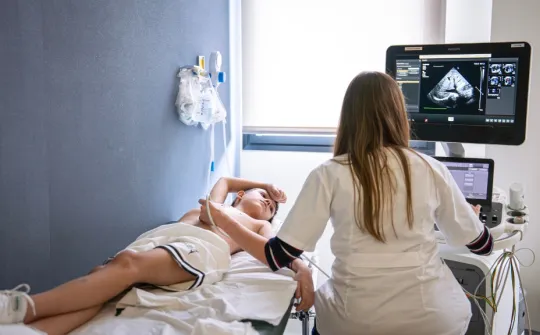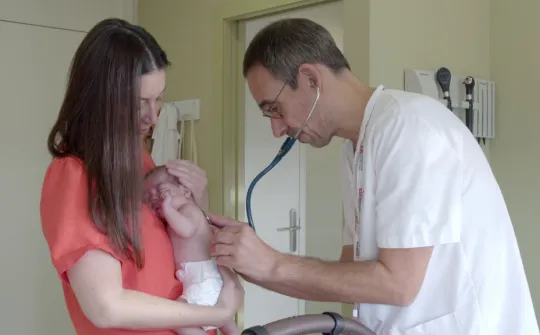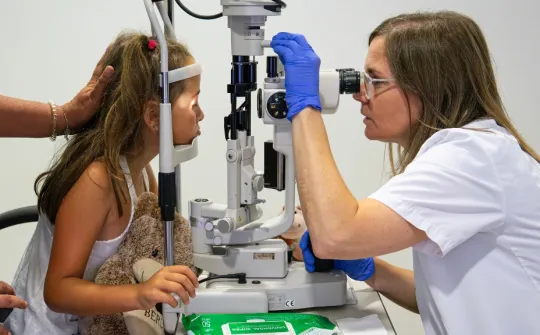The SJD Barcelona Children's Hospital promotes research into the prevention and treatment of sepsis as part of the PHEMS project
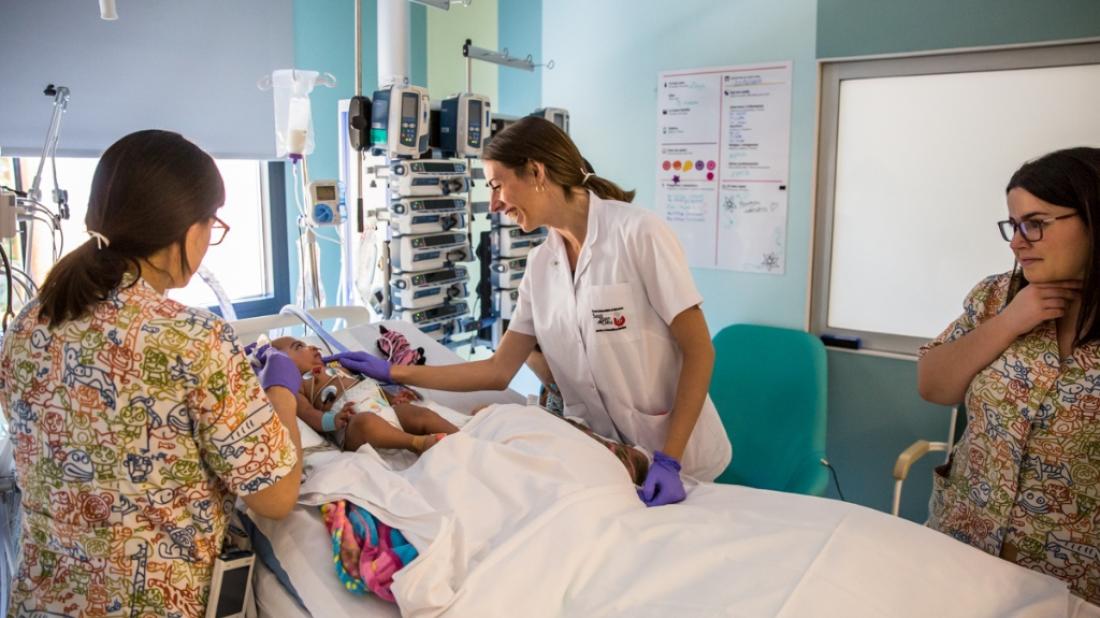
On World Sepsis Day, the hospital remembers the importance of early diagnosis and presents initiatives to better anticipate and treat this severe disease.
World Sepsis Day is celebrated on 13 September and it is a day to raise awareness among the general public, medical professionals and medical facilities about this severe disease that affects up to 25 million children around the world. Sepsis is caused when a microorganism enters the bloodstream and creates inflammation in the internal organs. Despite medical advancements, the mortality rate can reach between 8 and 10% of cases in a hospital environment.
The SJD Barcelona Children’s Hospital, the largest pediatric healthcare facility in Spain and one of the most influential in Europe, has spent years working towards improving diagnosis, prevention and management of sepsis, which affects children and adolescents in around 40% of cases. Dr Iolanda Jordan, Pediatrician at SJD, reports that the hospital has automated scales for early detection of the disease, and also a Sepsis Code implemented throughout Catalonia, launched at the SJD Barcelona Children's Hospital by Dr Elisabeth Esteban in 2016.
Jordan also explains that staff from various departments and sectors of the hospital are working on AI-powered algorithms that are able to predict whether a patient is at risk of developing sepsis before any symptoms appear. ‘In the Pediatric Intensive Care Unit, where we record around 100 cases of sepsis per year, this prediction capability could be a game-changer: an optimal response time falls within the first six hours after symptoms appear,’ she notes.
The PHEMS project
This research to broaden knowledge of sepsis is being done under the European PHEMS project (Pediatric Hospitals as European drivers for multi-party computation and synthetic data generation capabilities across clinical specialties and data types). The consortium comprises 12 European members, with the SJD Barcelona Children's Hospital being one of them.
PHEMS aims to facilitate access to healthcare data, promoting federated data analysis and generating shareable, anonymised, synthetic datasets. The SJD Research Foundation leads the workspace dedicated to clinical cases, coordinated by Innovation Director Arnau Valls. This project package includes the use of sepsis prediction models in the pediatric ICU, led by Dr Iolanda Jordan and Dr Aida Felipe. These clinical cases are intended to be use cases to help improve pediatric healthcare through the analysis and processing of data and to prove their effectiveness in real situations.
With this project, the SJD Barcelona Children's Hospital upholds its commitment to translational research and digital innovation in pediatrics, with the ultimate goal of improving prognosis and survival rates for children suffering from sepsis and other severe diseases.
ECHO Network
Members of PHEMS are also founders of the European Children's Hospitals Organisation (ECHO), coordinated by the SJD Barcelona Children’s Hospital. The network sees complex patients from all over Europe and the rest of the world to continue making progress in research, treatment and to tackle the challenges of healthcare provision. To do this, ECHO partners with hospital staff and administrators, public health ministers, healthcare organisations and patient associations.
